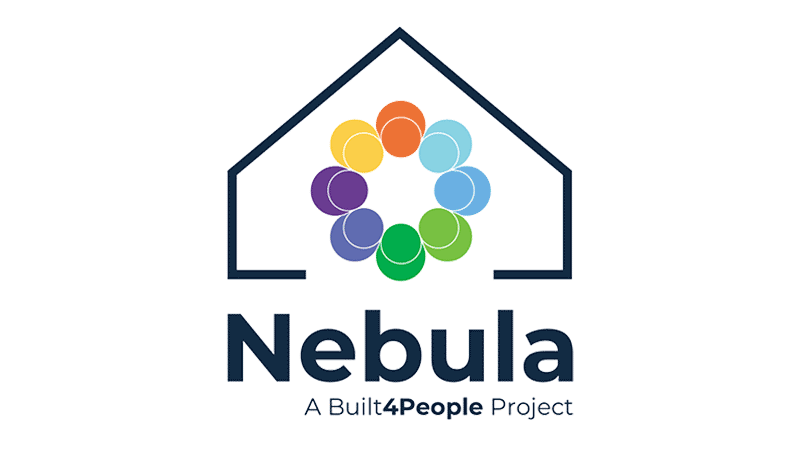
About the NEBULA project
NEBULA, an initiative founded by the European Commission under Horizon Europe (grant n° 101079859), aims to support and bridge the Built 4 People (B4P) EU partnership and the New European Bauhaus (NEB) initiative. To do so, it convenes and supports a network of Built4People Innovation Clusters (B4PICs), connecting and scaling innovations across Europe.
DOWEL is the project coordinator of NEBULA. We are largely involved in the NEB related activities through the development of a handbook, and a series of webinars: New Bauhaus Stories.
Furthermore, DOWEL leads the project's activities related to the funding of the clusters and their members. These activities are gathered under the "toolbox".
The toolbox
The NEBULA funding toolbox has been designed to support innovators of the construction sector, and more specifically the clusters and their members, who have questions related to the financing of innovation. It aims to offer information and guidance to facilitate the access to public and private funding opportunities and thus accelerate the deployment and scaling up of new sustainable innovations in the built environment. This is done in two different ways:
- The detection of public (European and national) and private funding opportunities, presented on the Metabuilding Platform;
- The development of a an online repository on the Built4People website with specific guidelines, videos et templates to best understand and answer to funding opportunities.
The online repository is organised in three different categories: general information on how to "co-fund a project", information on how to "finance a project" through private financing opportunities and information on how to "apply to a funding opportunity". Some material is already online, and it will be developed continuously, throughout the NEBULA project.
To complete and improve this repository, the needs of the members of the newly established Built4People Innovation Clusters network are currently being collected. This will allow us to best understand their level of knowledge, and what their focus is (public vs. private funding, European vs. national funding etc.), to know what type of material is needed the most.

